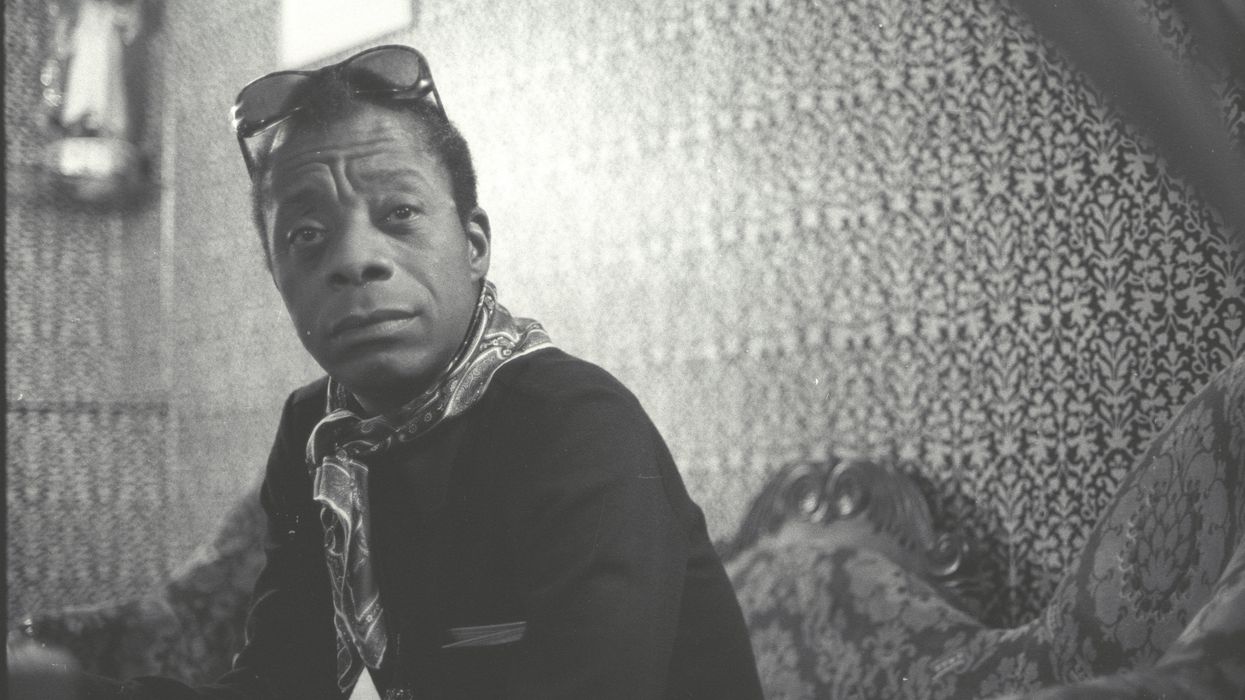Johnson is a United Methodist pastor, the author of "Holding Up Your Corner: Talking About Race in Your Community" and program director for the Bridge Alliance, which houses The Fulcrum.
On Aug. 2, we will mark the 100th birthday of writer James Baldwin. His incisive words and unflinching witness still carry a sense of urgency that's just as relevant today as it was back in his time.
He once wrote in “Notes on a Native Son,” "People are trapped in history, and history is trapped in them." Baldwin was more than just a prophetic chronicler of his era — he exposed the festering core of America's racial psyche, shining a light on the injustices that have plagued this nation since its very inception. Through his powerful prose, he amplified the voices of the marginalized, the oppressed and the silenced.
Baldwin's legacy is a testament to the indomitable human spirit. He rose from the depths of Harlem poverty and wielded his prodigious intellect and literary genius as a weapon against the systems of oppression that sought to define him. Though he found refuge in France, the racial tumult of his homeland beckoned him back. His words were a potent indictment of the injustices that would not be silenced.
Amid great social upheaval, Baldwin emerged as a voice of moral clarity, standing shoulder to shoulder with the titans of the civil rights movement. Yet his leadership was unique, rooted not in organizational understanding but in his unwavering capacity to articulate the raw pain that galvanized a nation. He bore witness to the tragic deaths of Emmett Till and Medgar Evers, his words a haunting requiem for the fallen and a scathing indictment of the racist acts and system that murdered them.
Today, Baldwin's voice rings out with piercing relevance. His collection of words lay bare the through-lines from the 1960s to our present moment, from police brutality to social inequity that sparked a movement to the Black Lives Matter protests that continue to demand justice. Baldwin was no Pollyanna. He knew that progress was a fitful thing and that America's capacity for self-deception was boundless. I believe Baldwin would not be surprised by our current impasse, only heartbroken — for he knew that a nation in flight from its true nature can never truly reinvent itself. Still, his is not a legacy of despair but of defiant hope. Hope shaped a witness that withstood the worst of America yet revealed a particular power — a capacity of the human spirit to redeem and redefine a nation.
As we celebrate Baldwin's centennial, we should remember his example, especially in this season of electoral reckoning. His life and work remind us of the power of moral courage to confront the darkness. Baldwin's most accurate gifts reside in his writing and the America he envisioned, an America that may yet be within our reach.
He eloquently wrote, "Not everything that is faced can be changed, but nothing can be changed until it is faced." Honoring Baldwin’s spirit invites confronting the truths we still wish to deny. We celebrate his legacy when we summon the moral courage to become citizens, neighbors and the nation we have always promised to be. Only by facing the darkness of our past and present can we forge a future that lives up to Baldwin's vision — a future in which all Americans can finally be free.




















Trump & Hegseth gave Mark Kelly a huge 2028 gift